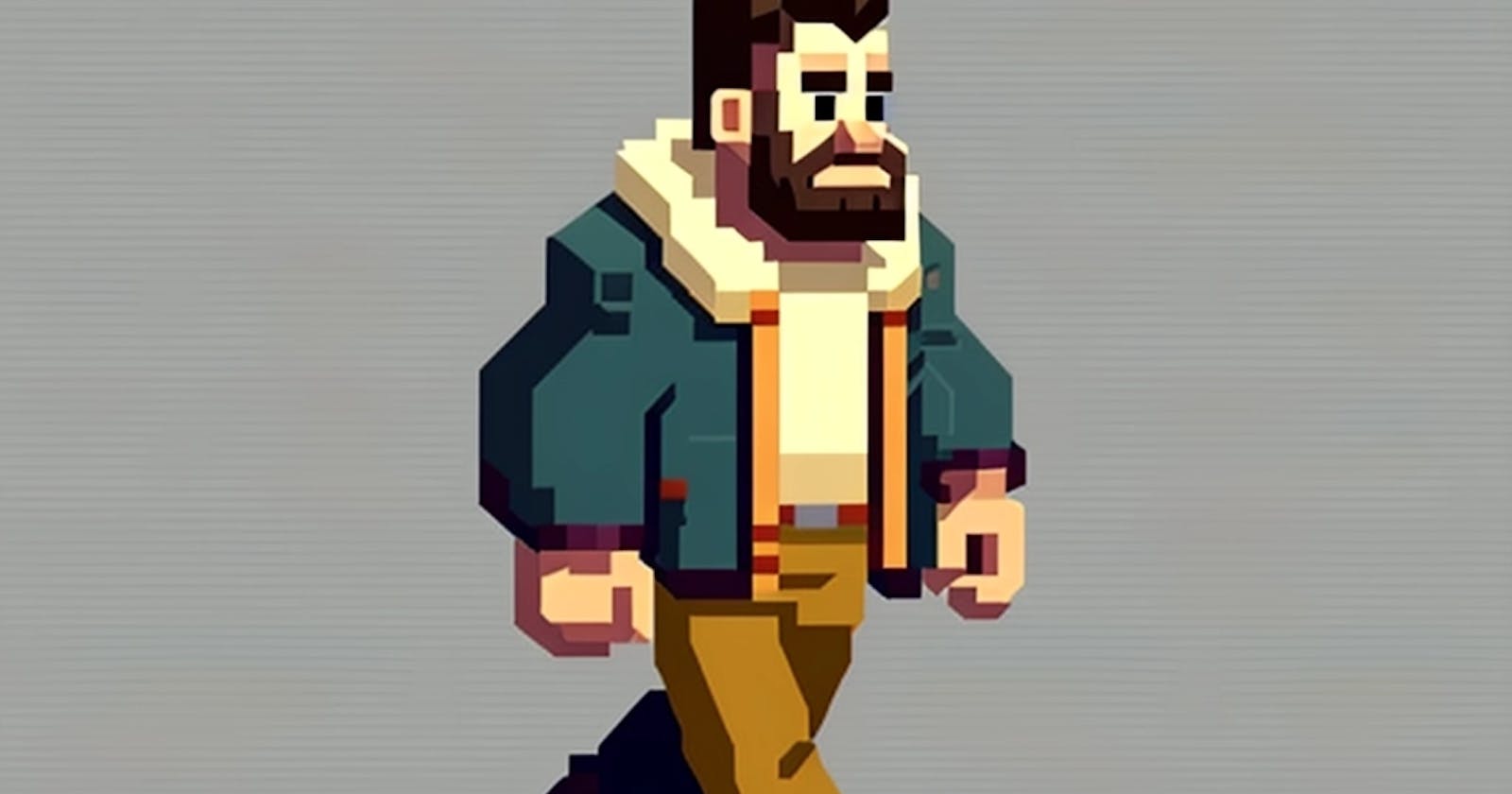In the constantly shifting realm of artificial intelligence, figuring out where to direct our focus can be quite exhausting. Imagine needing a 3D model for your website, and after an exhaustive search, you come up empty-handed. So, you decide to take the initiative and create one yourself. As you dive into learning Blender, it dawns on you that text-to-model technology is already a reality. And the innovation doesn't end there – Vercel is playing around with Auto GPT, and even blogs are being generated with the assistance of multiple AI tools.
Let's rewind to when I wrapped up my bootcamp, which just so happened to coincide with the launch of ChatGPT. I had barely received my diploma when I came across this cutting-edge technology. It left me awestruck and sent a chill down my spine. My interest in AI, from both philosophical and technological perspectives, goes back to 2002. Back then, there was a myriad of theories on how we'd achieve advanced AI. I was particularly captivated by the notion of AI engaging in an evolutionary competition, with the superior model ultimately prevailing. Others thought we'd persist in programming progressively advanced robots until they could program themselves. In both cases, it appeared we'd have a clearer idea of the rate of progress. However, with the emergence of deep neural networks and large language models, our insight has become rather limited. Maybe it's time to reevaluate our perspective and start viewing AI as a new type of species, considering that they are deliberately designed to emulate living organisms. Regardless of our viewpoint, we've reached a stage where the speed of change is downright staggering. At first, I found myself experiencing a blend of confusion and optimism. But as I've gained hands-on experience with these novel interfaces, companies, and individuals, I'm starting to see the future trajectory of technology and programming, and it's genuinely thrilling. The debate between accelerationism and its alternatives often comes up. Truthfully, I've never dwelled on it too much, primarily because I've never heard a compelling case for how it could be enforced. That being said, I think that's fine, and we should all aim to both hope and actively contribute to making it work. We may have faltered with the all-encompassing impact of social media on society, but we can learn from our past missteps rather than wallow in regret. In summary, I urge you to stay optimistic, as some truly remarkable advancements are just around the corner. As we continue to navigate and adapt to the ever-evolving world of AI, we must maintain an open mind and welcome the potential for growth and innovation that lies ahead. Thank you for reading, and here's to a future brimming with thrilling opportunities!

